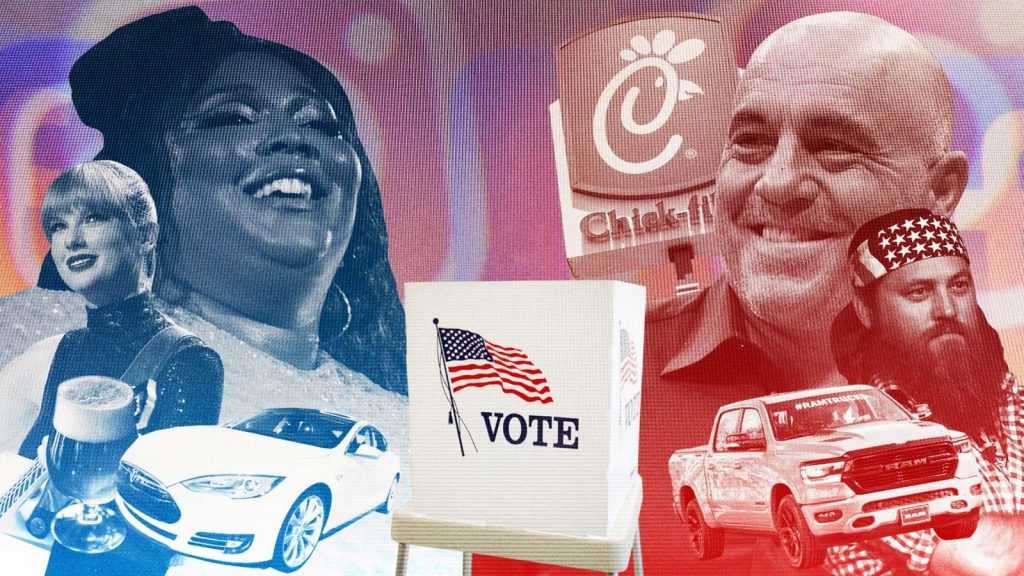In today’s digital age, the intersection of politics and social media has become a powerful force that significantly impacts public opinion and the political landscape. The rise of platforms such as Facebook, Twitter, and Instagram has revolutionized how information is disseminated, opinions are formed, and political discussions unfold. This article delves into the multifaceted relationship between social media and politics, highlighting its influence on voter engagement, political discourse, and the spread of information.
The Dynamic Role of Social Media
Social media platforms have transcended their original purpose of connecting people and have evolved into influential spaces where political narratives are created, shared, and debated. The instantaneous nature of social media enables politicians, activists, and citizens to communicate their messages directly to a global audience, bypassing traditional media gatekeepers.
Shaping Political Discourse
The Growing Influence of Social Media on Politics and Public Opinion is evident in its ability to shape and amplify political discourse. Hashtags like #Election202X and #PolicyDebate garner widespread attention, fostering discussions beyond geographical boundaries. The interactive nature of these platforms encourages individuals to voice their opinions, contributing to the formation of diverse perspectives on various political issues.
Real-time Engagement and Feedback
One of the remarkable aspects of the relationship between social media and politics is the real-time engagement it offers. Politicians can instantly interact with constituents, addressing concerns, sharing updates, and gauging public sentiment. This direct line of communication enhances transparency and accountability in governance.
Information Dissemination at Scale
Social media’s unparalleled reach facilitates the rapid dissemination of accurate and misleading information. News articles, videos, and opinion pieces can go viral within minutes, influencing millions of users. However, the challenge lies in discerning credible sources from misinformation, emphasizing the importance of media literacy.
Bridging the Political Divide
Contrary to concerns about echo chambers, social media has the potential to bridge political divides by exposing users to diverse viewpoints. Algorithms that suggest content based on user behavior can introduce people to perspectives they might not encounter otherwise, fostering a more holistic understanding of complex issues.

The Influence on Voter Engagement
The Growing Influence of Social Media on Politics and Public Opinion is palpable in its effect on voter engagement. Platforms provide:
- A space for political education.
- Enabling voters to access information about candidates.
- Policies.
- Electoral processes.
Live-streamed debates and town halls offer an immersive experience, making politics more accessible.
Targeted Political Campaigns
Social media has revolutionized campaign strategies, allowing politicians to tailor their messages to specific demographics. Targeted ads, personalized content, and data analytics enable campaigns to reach potential supporters more effectively, reshaping how political marketing operates.
Mobilization and Activism
The online sphere has proven to catalyze political mobilization and activism. Movements like #BlackLivesMatter and #MeToo have gained momentum through social media, demonstrating its capacity to galvanize support and amplify marginalized voices.
Accountability and Transparency
The transparency promoted by social media compels politicians to be more accountable for their actions and statements. Records, statements, and promises are easily accessible to the public, fostering a culture of political honesty.
Concerns and Challenges
While the influence of social media on politics is undeniable, it also raises concerns. The spread of misinformation, echo chambers, and the potential manipulation of public opinion through algorithms are pressing issues that require thoughtful regulation and digital literacy campaigns.


